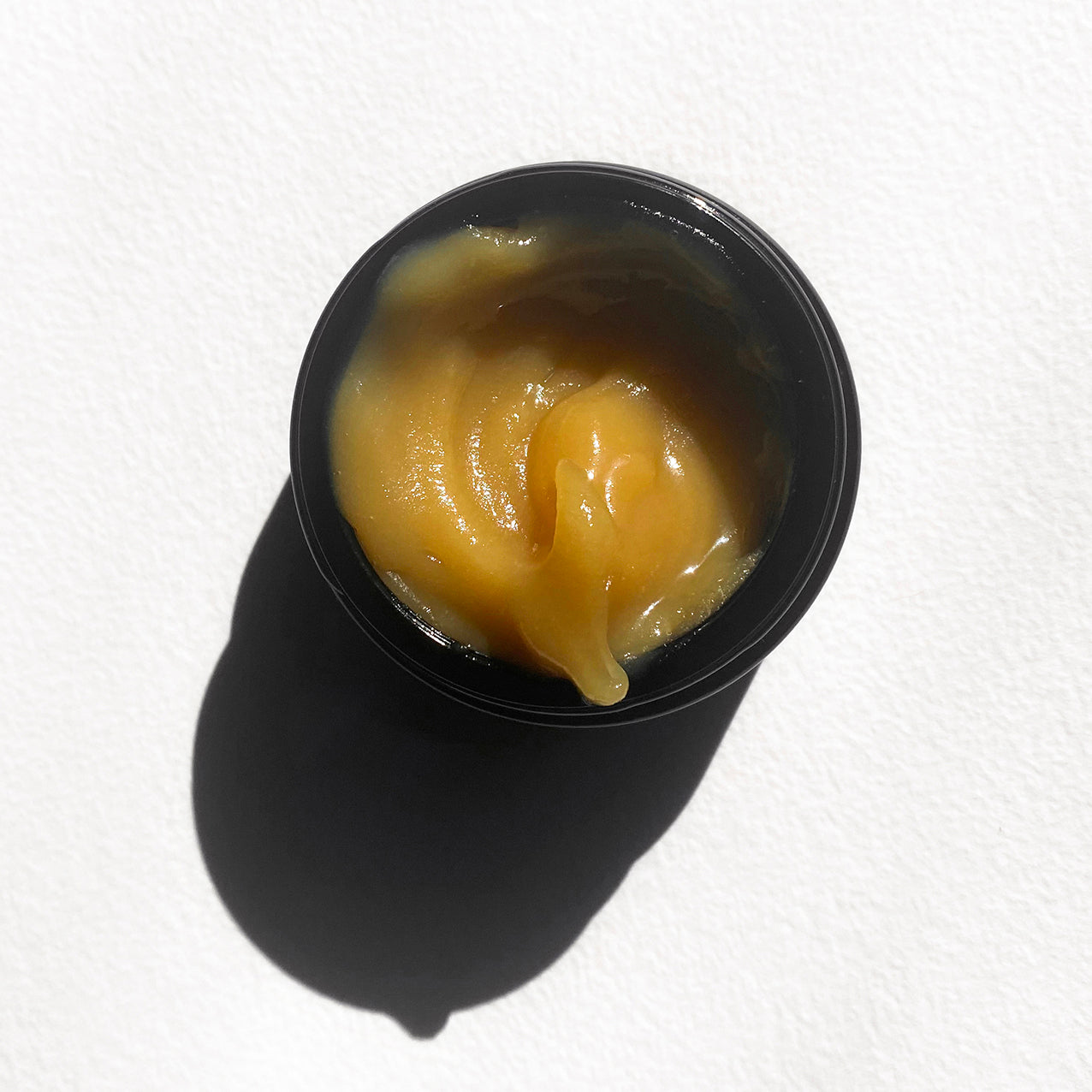
Hyaluronic acid has gained immense popularity in recent years for its powerful ability to hydrate and plump the skin. It has become a staple ingredient in many skincare products, from serums and moisturizers to masks and even injectables. But what exactly is hyaluronic acid, and why has it become the hero of hydration in the skincare world? Let's dive into everything you need to know about this skincare superstar.
What is Hyaluronic Acid?
Hyaluronic acid is a naturally occurring molecule found in the skin, joints, and connective tissues. It is a type of glycosaminoglycan (GAG), which is a long chain of sugar molecules that are capable of holding and retaining water. In fact, hyaluronic acid has the ability to hold up to 1000 times its weight in water, making it an incredibly powerful humectant.
"Hyaluronic acid has the ability to hold up to 1000 times its weight in water."
In the skin, hyaluronic acid plays a crucial role in maintaining hydration and plumpness. It acts as a cushioning agent, filling the spaces between collagen and elastin fibers, providing structural support and maintaining the skin's elasticity. Hyaluronic acid also helps to regulate the skin's moisture levels, preventing transepidermal water loss (TEWL) and keeping the skin hydrated and supple.
Hyaluronic Acid Benefits for the Skin
The hydrating properties of hyaluronic acid make it a superstar ingredient in skincare. Here are some of the key benefits of using hyaluronic acid products in your skincare routine:
- Intense Hydration: Hyaluronic acid is a powerful humectant that attracts and holds onto water, providing deep hydration to the skin. This helps to replenish and retain moisture, keeping the skin plump, smooth, and hydrated.
- Plumps and Smooths: Hyaluronic acid has a plumping effect on the skin, filling in fine lines, wrinkles, and uneven texture. This results in a smoother and more youthful complexion.
- Improves Skin Elasticity: Hyaluronic acid helps to maintain the skin's elasticity by providing structural support to collagen and elastin fibers. This can help to improve the firmness and bounce of the skin, reducing the appearance of sagging and drooping.
- Soothes and Calms: Hyaluronic acid has anti-inflammatory properties that can help to soothe and calm irritated skin. It can also help to reduce redness and sensitivity, making it suitable for all skin types, including sensitive skin.
- Boosts Skin Barrier: Hyaluronic acid can help to strengthen the skin's natural barrier function, protecting it from environmental stressors and preventing moisture loss. This helps to improve the overall health and resilience of the skin.
- Enhances Product Absorption: Hyaluronic acid can enhance the absorption of other skincare products when applied topically. It helps to create a moisture-rich environment on the skin, allowing other active ingredients to penetrate deeper and work more effectively.
"Hyaluronic acid helps to maintain the skin's elasticity by providing structural support to collagen and elastin fibers."
Hyaluronic Acid Products
Hyaluronic acid can be found in various skincare products, ranging from serums and moisturizers to masks and even injectables. Here are some common types of hyaluronic acid products:
- Hyaluronic Acid Serums: Hyaluronic acid serums are lightweight, fast-absorbing liquids that are typically applied after cleansing and toning, but before moisturizing. They contain a high concentration of hyaluronic acid, which allows for deep penetration into the skin for maximum hydration.
- Hyaluronic Acid Moisturizers: Hyaluronic acid moisturizers are formulated with hyaluronicacid as a key ingredient to provide hydration and lock in moisture. These moisturizers are typically thicker in consistency and can be used as a part of your daily skincare routine to keep your skin hydrated and plump throughout the day.
- Hyaluronic Acid Masks: Hyaluronic acid masks are sheet masks or gel masks infused with hyaluronic acid that provide an instant boost of hydration to the skin. They are perfect for when your skin needs a quick pick-me-up or when you want to pamper yourself with some self-care.
- Hyaluronic Acid Injectables: Hyaluronic acid injectables are commonly used for cosmetic purposes, such as dermal fillers. They are injected into the skin to plump up and fill in areas with lost volume, like the cheeks or lips, and provide a more youthful and refreshed appearance.

How to Choose the Right Hyaluronic Acid Product for Your Skin
With so many hyaluronic acid products available in the market, it's important to choose the right one for your skin. Here are some tips to help you pick the right hyaluronic acid product for your skin type:
- Skin Type: Consider your skin type when choosing a hyaluronic acid product. If you have dry or dehydrated skin, opt for a moisturizer or serum with a higher concentration of hyaluronic acid to provide intense hydration. For oily or combination skin, look for lightweight, oil-free formulations that won't clog pores.
- Ingredients: Check the ingredient list of the product to ensure that hyaluronic acid is one of the main ingredients and is present in a significant concentration. Look for products with low molecular weight hyaluronic acid, as it can penetrate deeper into the skin for more effective hydration.
- Formulation: Consider the formulation of the product. Serums are usually more potent and fast-absorbing, making them ideal for layering under other skincare products. Moisturizers are thicker and provide a barrier to lock in moisture, making them suitable for drier skin types. Masks and injectables provide instant hydration and plumping effects, but their results may be temporary.
- Quality: Look for reputable brands and products that are backed by positive customer reviews and dermatologist recommendations. Opt for products that are cruelty-free, free of harmful chemicals, and made with high-quality ingredients for optimal results.
- Patch Test: Always do a patch test before applying any new skincare product, including hyaluronic acid products, to your face. Apply a small amount of the product on a small area of your skin and wait for 24 hours to check for any adverse reactions.
Comments (0)
Back to Botanic Affair Blog